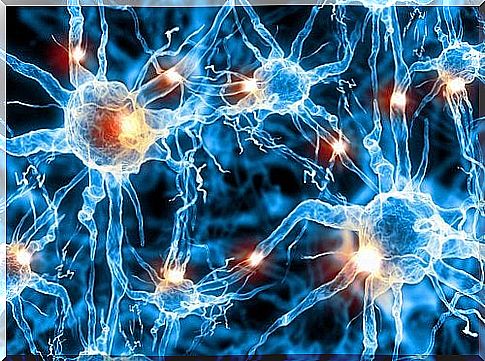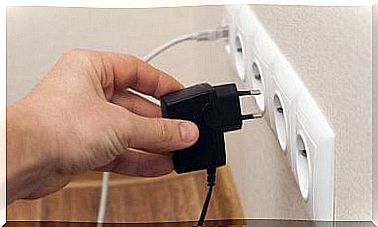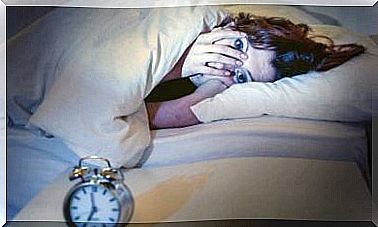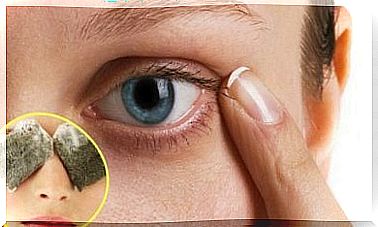Talking In Your Sleep – Why Do Some People Do It?

Have you heard from loved ones that talking in your sleep is about you? Apparently, while sleeping, you are able to make a normal conversation face to face or on the phone …
Do you want to learn what talking in your sleep is and what are its causes? We invite you to read the article below.
Talking in your sleep: should I be ashamed of anything?
Usually, when the person who shares your room or bed with you tells you, “You were talking in your sleep tonight,” the first reaction is slight embarrassment. You don’t want to believe it. At the same time, you are concerned about saying something inappropriate, which you should be ashamed of now.
Are you curious why some of us communicate while we sleep? The good news is that sleeping speech has an excellent scientific explanation. This is not an unnatural phenomenon out of this world. Night speeches are a manifestation of our subconsciousness.
In most cases, speaking in your sleep is limited to simple sentences or monologues without much sense that last for a few seconds.
Of course, there are exceptions to this rule, and some people may speak several times in a single night or do so for several nights in a row.
Is talking in your sleep a common phenomenon?
Particularly frequent monologues at night are in children and adolescents

Sleep talking is a phenomenon that is influenced by a number of different factors. It depends, for example, on how our day has passed, what mood we are in, and whether we feel like expressing our feelings or not.
It is worth noting, however, that if we talk in our sleep in an adult or old age for several nights in a row, we can talk about sleep disorders. This problem may appear in periods of increased stress, emotional tension and excessive fatigue – both physical and mental.
Other factors related to talking in sleep are disorders such as grinding the teeth and sleepwalking.
What is talking in your sleep?
Sleep talking is one of the many disorders of normal sleep. If it occurs intermittently, don’t worry. As we mentioned before, it can be the result of stress or a hard day.
The disorder itself is not dangerous to our health. It also does not cause any negative mental and physical effects. Besides, it is not bothersome for people who experience this phenomenon (unless during the night monologues we reveal our secrets …).
During the first phase of sleep, neurons work just like when we are awake. Hence, what happens at this stage of nocturnal rest is called “paradoxical sleep” because the dream experiences unfold with the greatest intensity.
Sleep phases that favor speaking
during REM sleep, the throat “activates” the process of sleep talking

This is when some people experience the phenomenon of sleeping speech. The words are spoken aloud, sometimes intelligibly, and sometimes it is just plain gibberish.
On the other hand, in the NREM phase, sleep talking is associated with transient sleep disturbances. This is because our body is only half asleep. Thus, wakefulness mechanisms enable uncontrolled sleep speech.
Unlike being awake when you’re not 100% awake, the words or sentences you say are usually meaningless. So it is difficult to understand anything from our late-night monologue.
Is talking in your sleep a cause for concern?
If we share a bed or a bedroom with other people, they will probably try to decode our nightly communications. They will also try to analyze and understand what we want to say in our sleep.
Unfortunately, such attempts will be useless! Why? Because talking in your sleep has nothing to do with our awareness!
The words that fall from our words during sleep are completely random, and speaking takes only a few seconds. It can be single words, babble or things that have been on our minds the previous day or even earlier.

You should realize that talking in your sleep is subconscious. Most of the time, it has nothing to do with the thoughts and feelings we feel while awake. It is the same with dreams.
Thus, neither people who talk in their sleep nor those who listen to them should be afraid of anything or attach too much importance to this type of sleep disorder.
The words spoken are only fragments of everyday life – yesterday or much earlier. We have no control over when the brain takes them out of the subconscious.
I am talking in my sleep – should I be treated?
Sleeping talking is not a serious disorder that would require specialist psychological treatment

If your partner’s sleep is light, it may be that your night calls will be a problem for them and keep them awake. Remember that a similar situation also occurs with snoring or nightmares. Then our partner may also wake up.
If the problem returns suddenly after a break of several years and recurs at least several times a week, it is recommended to see a specialist. Sleep disturbances can be the result of hidden anxiety, emotional problems, or exposure to severe stress.
Among the most commonly used treatments for serious and chronic sleep disorders, it is recommended to change your daily evening habits to a more relaxing one, for example:
- Warm shower before bedtime
- Listening to classical music
- Reading
On the other hand, to avoid talking in your sleep, you should limit:
- Consumption of alcohol and carbonated drinks
- Exercise in the late afternoon hours
- Watching TV, especially news and movies, which can make our heart beat faster and increase brain activity (e.g. horror movies).









